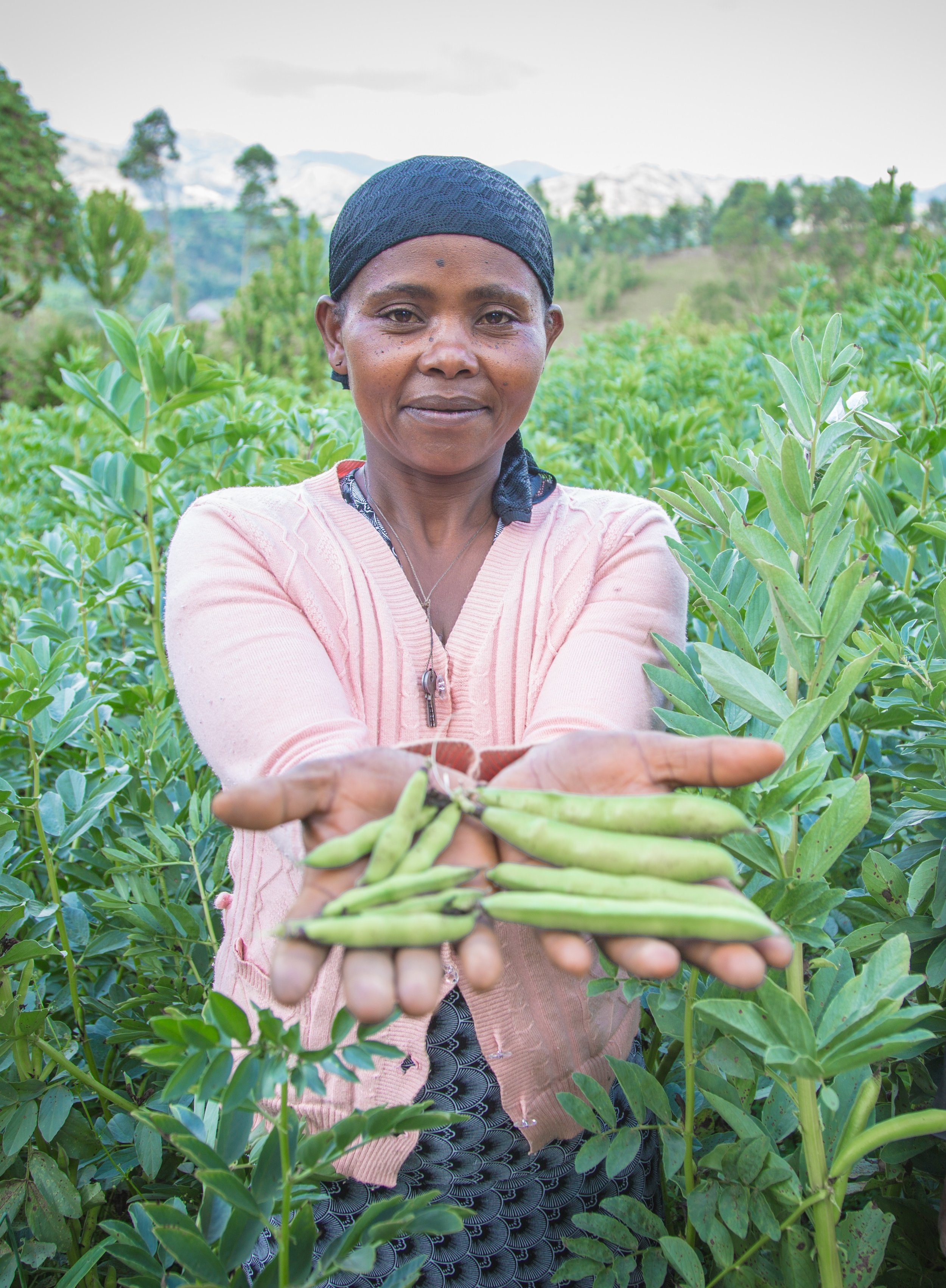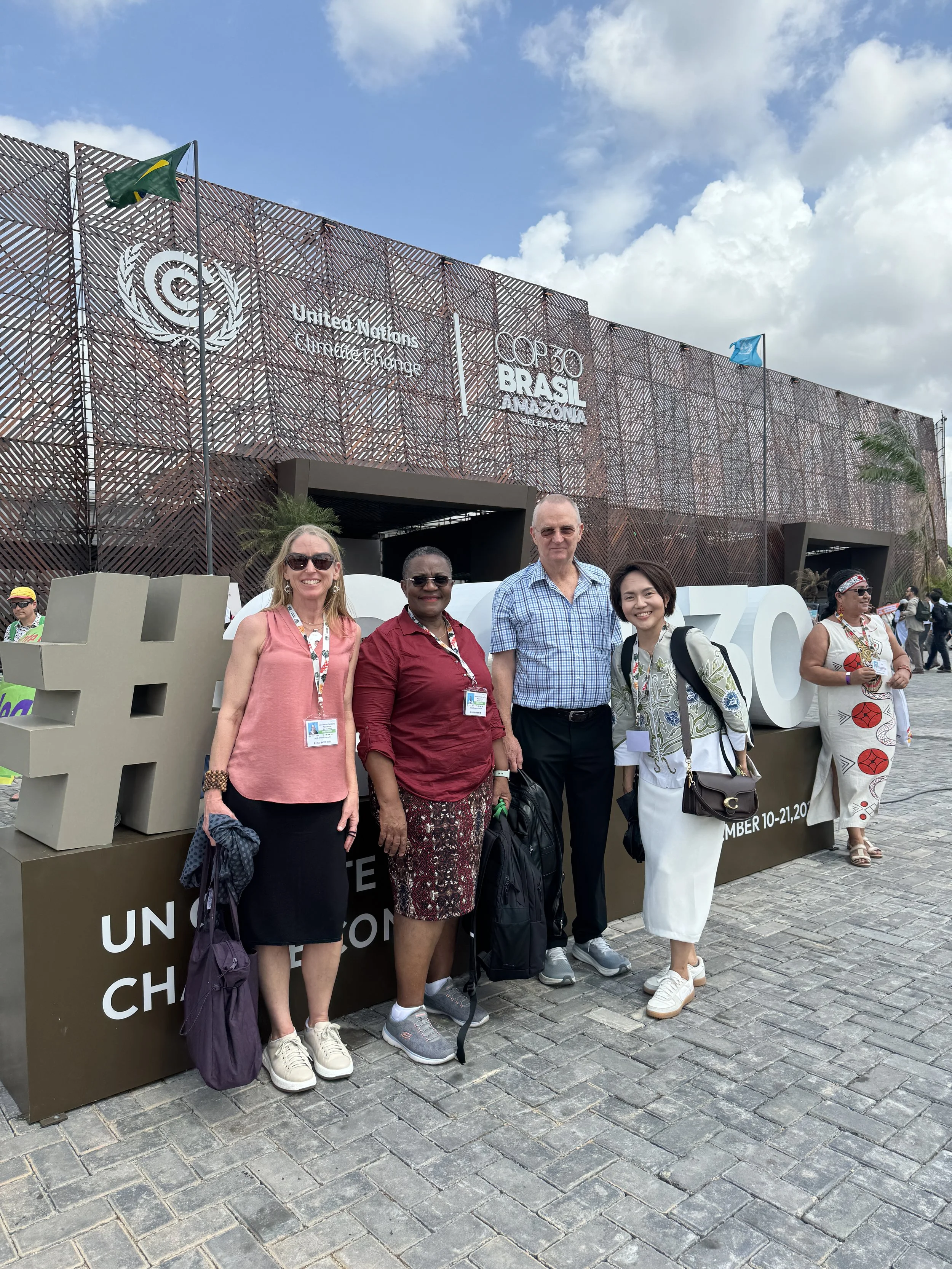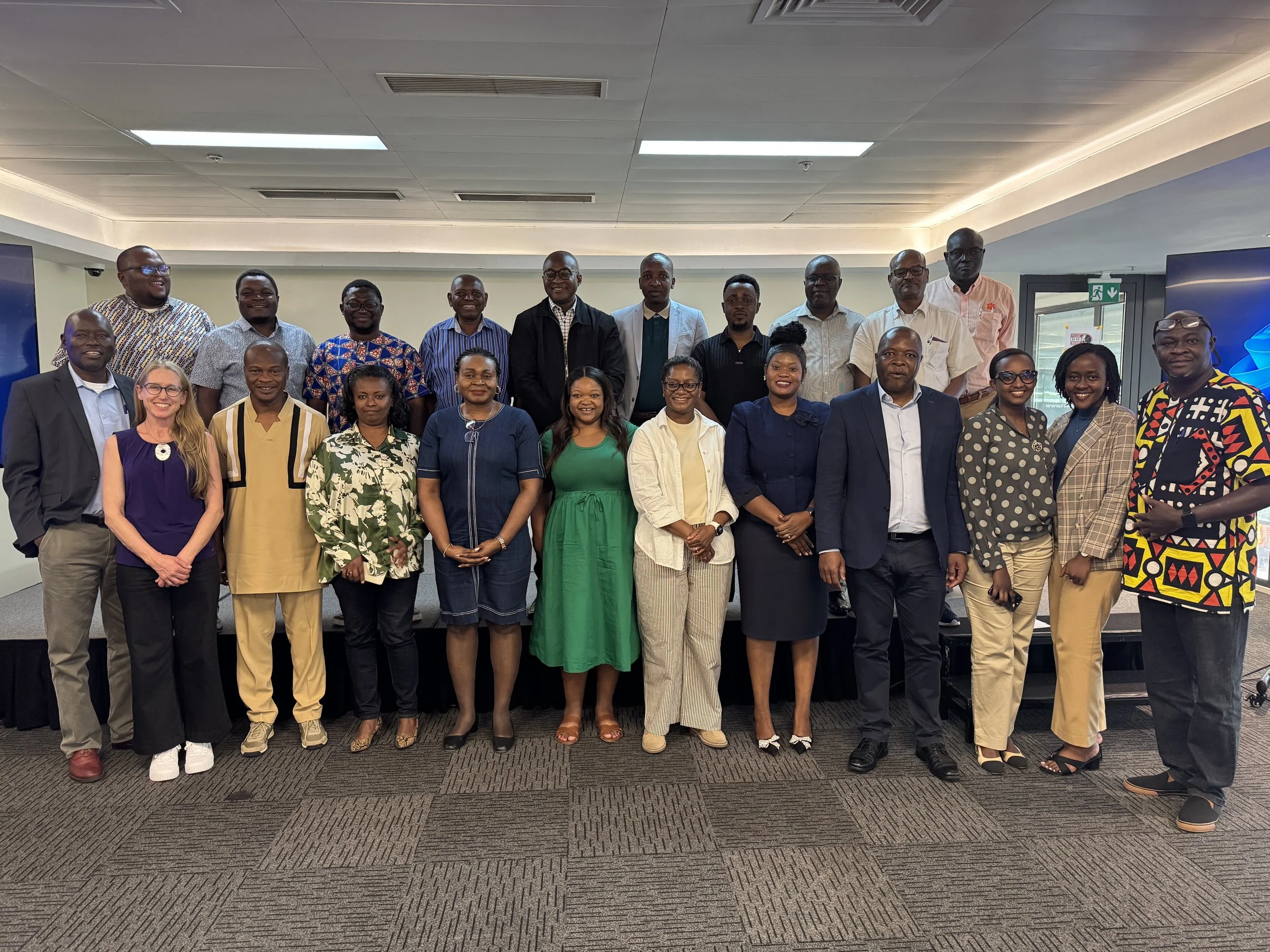Op-Ed | Soils: The Secret Solution in Our Climate Arsenal
By Dr Anneke Trux, Co-Lead of Global Programmes “Soil Protection and Rehabilitation for Food Security” (ProSoil) and “Soil Matters – Innovations for Soil Health and Agroecology”
Soils are finally stepping into the spotlight of global climate action! They do so for good reasons. Long underestimated, they are now recognised as a pillar for climate mitigation. Yet, let’s be clear: while soils are an emerging hero, they are not a silver bullet. They must complement, not replace, mitigation efforts in energy, transport, industry and other.
The stakes couldn’t be higher. Under the mounting pressures of climate change and global crises, our greatest challenge is to maintain fertile soils on agricultural land. Without them, food security, climate adaptation, and rural livelihoods are at risk. Fertile soils underpin life itself and must be treated as a cornerstone for transforming agriculture and food systems.
Healthy soils don’t just sustain crops, they also sustain communities and contribute to resilience to climate change. Across the globe, smallholder farmers are proving what soil protection can achieve. Through our global grammes on soil protection, funded by Germany and co-funded by the European Union and the Gates Foundation, more than one million hectares of degraded land have been protected or rehabilitated since 2014. The results are tangible: farmers increased their yields by an average of 45%, improving the food security and livelihoods of 2.6 million people. These practices have also strengthened resilience! While visiting the highlands of Ethiopia recently farmers have told me that their incomes have grown and become more stable, helping to secure long-term food supplies. Remarkably, 65% of participating women in our global programme ProSoil have seen significant improvements in their economic, social, and legal status. For me this is proof that soil protection is also a driver of gender equality and empowerment.
A farmer in Ethiopia shows her harvest as part of the GIZ ProSoil Programme ©GIZ/Abinet Shiferaw
And it’s not just philosophy, it’s proven practice.
This progress isn’t only about feeding people, but it is also about cooling the planet, not just by storing soil carbon, but also because fertile, productive soils help reduce pressure on natural landscapes. Healthy soils are thus a crucial factor in a healthy climate. Soil protection and rehabilitation are already helping countries meet their commitments under the Paris Agreement. Our work alone has contributed to approximately 1.74 million tonnes of CO₂ equivalents sequestered or avoided, directly supporting national climate targets (NDCs) and Sustainable Development Goal 13 on climate action.
But the true power of soil lies in its dual role: mitigation and adaptation. Restored soils not only lock away carbon. They boost crop yields, stabilise incomes, and build resilience against droughts and floods. In a changed climate, fertile soils are nothing less than a lifeline.
These core processes set the framework within which national targets, finances, and implementation mechanisms are anchored. Ongoing negotiations and preparation of declarations are a central part of this process, shaping targets, funding, and concrete action.
For COP30, this is my call to action:
To political decision-makers, anchor soil fertility in national climate action plans, strengthen legal frameworks, promote incentives and ensure transparency.
To the private sector, invest in soil restoration, sustainable agriculture practices and cooperate with governments and farmer organisations.
Soils must be at the center of global policy and investment. Let’s implement and scale what already works. We have all the SOILutions at hand!






